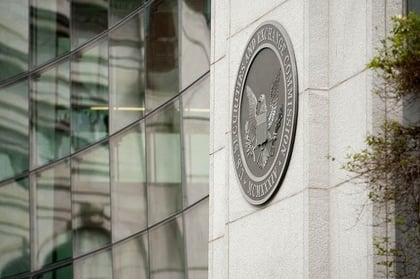Fidelity subsidiary National Financial Services agreed to pay a total of $2.46 million to settle charges by the Securities and Exchange Commission that it failed to deliver final prospectuses to investors who paid more than $148 million in FuelCell Energy stock.
Without admitting or denying the SEC’s findings, NFS agreed to disgorge $797,905 in commissions, pay prejudgment interest of $163,288 and pay a penalty of $1.5 million, according to an SEC order filed Thursday.
In a separate order filed the same day, the regulator said it recognized FuelCell’s “cooperation and self-report, both of which the SEC considered in determining not to impose a penalty” against that firm.
Both companies also agreed to cease and desist from committing or causing future securities violations, according to the orders.
Asked to comment on the SEC’s claims Wednesday, a Fidelity spokeswoman said only that “National Financial Services is pleased to resolve this matter.” FuelCell did not immediately respond to a request for comment.









 September 09, 2020 at 03:37 PM
September 09, 2020 at 03:37 PM











